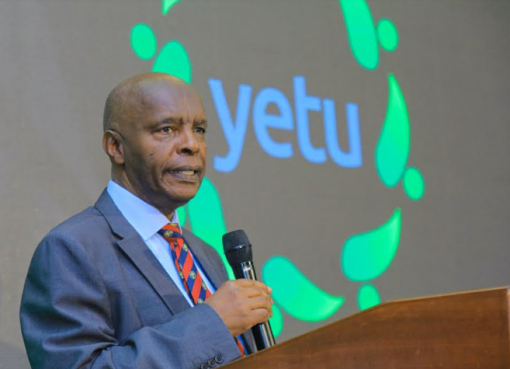Nakuru County government has in collaboration with the private sector initiated a sensitization programme for all players in herbal medicine promoters on matters of policy and resource mobilization.
Culture officer Mrs. Ledicia Wanyonyi said this would be achieved through a collection of data that would inform the amendment of culture hereto aged policy as well as resource mobilization. It will also support the players in the sector as well as the residents of the County.
The private sector includes the United Nations Educational, Scientific and Cultural Organization (UNESCO), Egerton University, Kabarak University, and MIDRIFT Human Rights Network (MIDRIFT HURINET).
The officer noted that the World Health Organization estimates 70-90 percent of Africa’s rural population relies on traditional medicines to meet their health needs partly due to a low ratio of conventional doctors and affordability.
However, the local chairperson of Green World supplements in Nakuru city Ms. Lucy Kimani said the advent of supplements has significantly reduced the usage of herbal medicine, mainly because they aren’t properly regulated or packaged and their efficacy wasn’t documented.
She claimed that many residents nowadays preferred supplements because they are natural and properly sealed, and the symptoms they claimed to heal encouraged patients who got cured after using them.
Unlike in the past when herbalists were noticeable on every corner, Nakuru city is awash with various companies selling supplements mostly from the USA and China, using multi-level marketing systems to reach customers.
By Veronica Bosibori




